
According to the latest data published by the 2002 Index of Economic Freedom, Cyprus’ score remained unchanged for 2002 with a score of 2.15 which ranks the country 23rd in the “Mostly Free” list of countries.
From the survey of 156 countries, Hong Kong ranked first as the most Free country for the eighth consecutive year from a total of 71 countries in the Free/Mostly Free range. 85 countries were considered Mostly Unfree or Repressed.
The report outlines that the Republic of Cyprus is among the wealthier of the states involved in negotiations to join the European Union. It’s geographic location, tax incentives, and modern infrastructure make it a natural hub for businesses looking to expand into the Middle East, Eastern Europe, the former Soviet states, or North Africa. The accession process has served as an impetus for partial economic liberalization.
Further, although the government still retains significant control over telecommunications, electricity, and the national airline, the level of its involvement in the economy is declining.
The report states that overall, liberalization has benefited the economy: In 1998, GDP increased by 5 percent and unemployment remained at a historic low of 3.3 percent; in 2000, inflation remained stable at 4.1 percent.
· Cyprus scored a Stable 1 on Trade Policy which indicates a very low level of protectionism
· A Stable 3.5 on the Fiscal Burden of Government indicating that there is high cost of government.
· A Stable 3 moderate level on Government Intervention in the Economy. It was noted that the government consumes 19 percent of GDP and continues to play a large role in many companies.
· A Worse score of 2 on Monetary Policy, which was due to the fact that from 1991 to 2000, Cyprus's weighted average annual rate of inflation was 3.33 percent, up from 2.09 percent from 1990 to 1999.
· A Stable score of 3 on Capital Flows and Foreign Investment. The report notes that over the past few years, Cyprus has focused on lowering barriers to foreign direct investment in order to attract business. In January 2000, it liberalized all foreign direct investment controls on local businesses for residents of the European Union, who now may own 100 percent of local companies and any company listed on the Cyprus Stock Exchange. This is a substantial increase from previous ceilings, which generally were under 50 percent.. However, foreign ownership in agriculture and some services is still limited, and most public utilities, such as telecommunications and electricity, are state-owned monopolies.
· A Stable score of 2 on Banking and Finance, indicating a low level of restrictions.
· A Stable score of 2 on Wages and Price, indicating a low level of intervention.
· A Stable score of 1 on Property Rights, indicating a high level of protection. The report notes that private property in Cyprus is protected from government expropriation. The judiciary is independent and provides citizens with a fair hearing. According to the U.S. Department of State, "Effective means are available for enforcing property and contractual rights." In addition, "Cyprus inherited many elements of its legal system from the United Kingdom, including the presumption of innocence, the right to due process, and the right of appeal. Throughout Cyprus, a fair public trial is provided for in law and accorded in practice."
· A Stable score of 2 (low level) on Regulation
· A Better score of 2 on Black Market, showing a low level of activity. The report notes that the protection of intellectual property rights has improved since passage of modern copyright and patent laws in 1994 and 1998, respectively. Piracy of intellectual property such as copyrighted and trademarked goods has decreased substantially in recent years, from an estimated 80 percent a decade ago to around 20 percent today. As a result, Cyprus's black market score is 1 point better this year.
From the survey of 156 countries, Hong Kong ranked first as the most Free country for the eighth consecutive year from a total of 71 countries in the Free/Mostly Free range. 85 countries were considered Mostly Unfree or Repressed.
The report outlines that the Republic of Cyprus is among the wealthier of the states involved in negotiations to join the European Union. It’s geographic location, tax incentives, and modern infrastructure make it a natural hub for businesses looking to expand into the Middle East, Eastern Europe, the former Soviet states, or North Africa. The accession process has served as an impetus for partial economic liberalization.
Further, although the government still retains significant control over telecommunications, electricity, and the national airline, the level of its involvement in the economy is declining.
The report states that overall, liberalization has benefited the economy: In 1998, GDP increased by 5 percent and unemployment remained at a historic low of 3.3 percent; in 2000, inflation remained stable at 4.1 percent.
· Cyprus scored a Stable 1 on Trade Policy which indicates a very low level of protectionism
· A Stable 3.5 on the Fiscal Burden of Government indicating that there is high cost of government.
· A Stable 3 moderate level on Government Intervention in the Economy. It was noted that the government consumes 19 percent of GDP and continues to play a large role in many companies.
· A Worse score of 2 on Monetary Policy, which was due to the fact that from 1991 to 2000, Cyprus's weighted average annual rate of inflation was 3.33 percent, up from 2.09 percent from 1990 to 1999.
· A Stable score of 3 on Capital Flows and Foreign Investment. The report notes that over the past few years, Cyprus has focused on lowering barriers to foreign direct investment in order to attract business. In January 2000, it liberalized all foreign direct investment controls on local businesses for residents of the European Union, who now may own 100 percent of local companies and any company listed on the Cyprus Stock Exchange. This is a substantial increase from previous ceilings, which generally were under 50 percent.. However, foreign ownership in agriculture and some services is still limited, and most public utilities, such as telecommunications and electricity, are state-owned monopolies.
· A Stable score of 2 on Banking and Finance, indicating a low level of restrictions.
· A Stable score of 2 on Wages and Price, indicating a low level of intervention.
· A Stable score of 1 on Property Rights, indicating a high level of protection. The report notes that private property in Cyprus is protected from government expropriation. The judiciary is independent and provides citizens with a fair hearing. According to the U.S. Department of State, "Effective means are available for enforcing property and contractual rights." In addition, "Cyprus inherited many elements of its legal system from the United Kingdom, including the presumption of innocence, the right to due process, and the right of appeal. Throughout Cyprus, a fair public trial is provided for in law and accorded in practice."
· A Stable score of 2 (low level) on Regulation
· A Better score of 2 on Black Market, showing a low level of activity. The report notes that the protection of intellectual property rights has improved since passage of modern copyright and patent laws in 1994 and 1998, respectively. Piracy of intellectual property such as copyrighted and trademarked goods has decreased substantially in recent years, from an estimated 80 percent a decade ago to around 20 percent today. As a result, Cyprus's black market score is 1 point better this year.

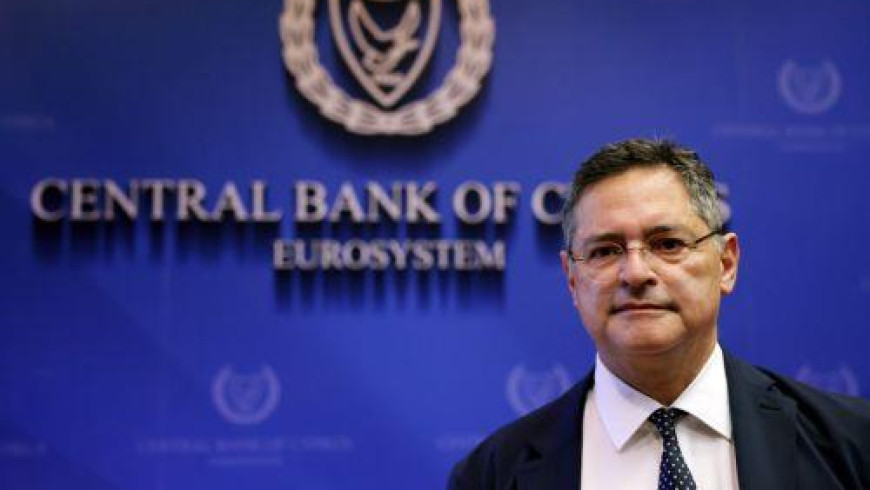
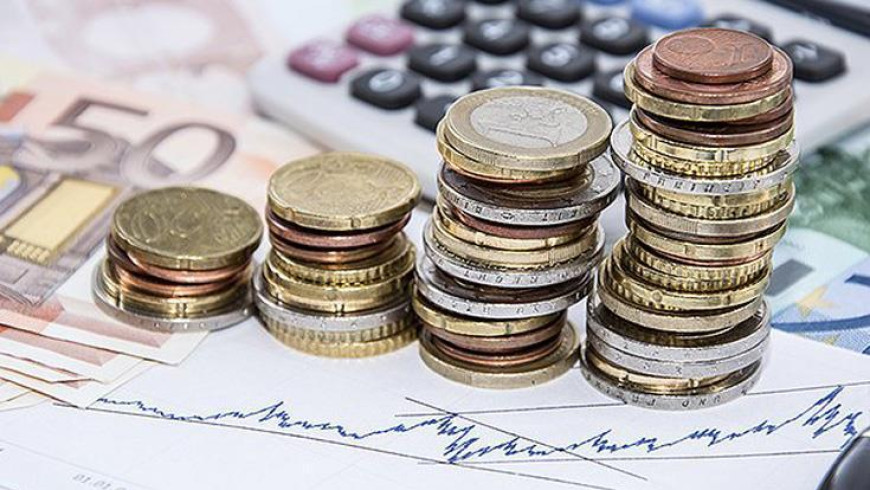

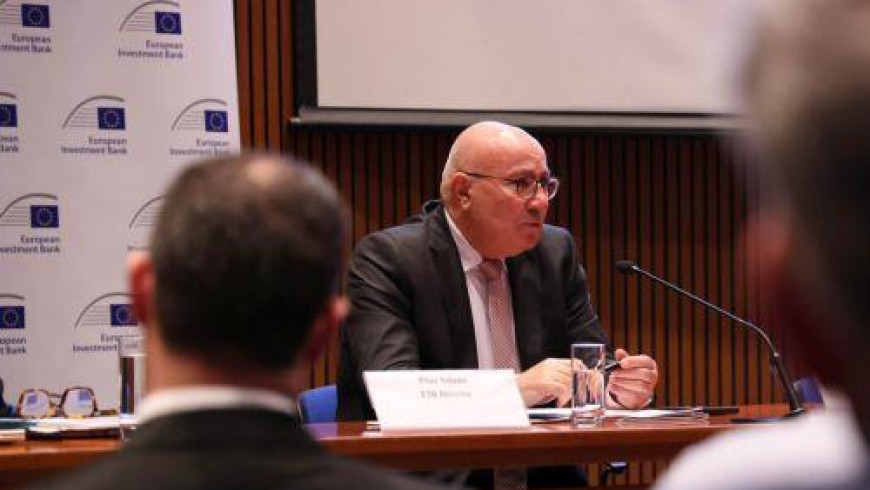

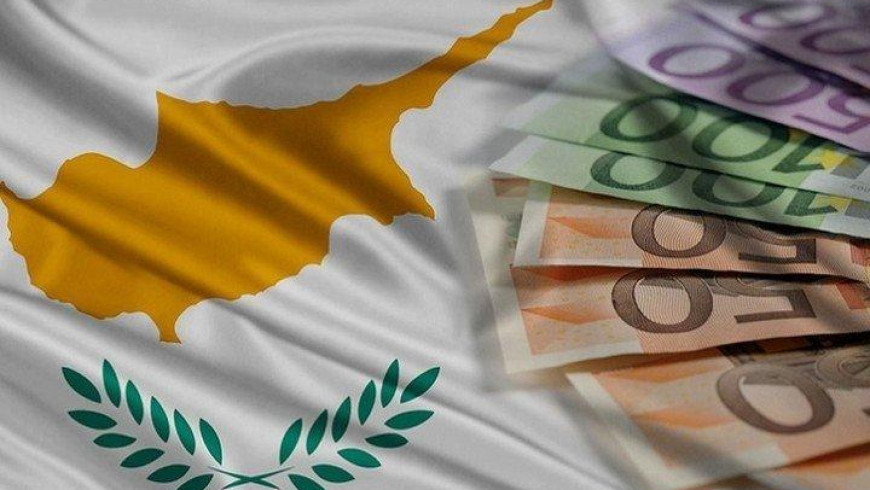

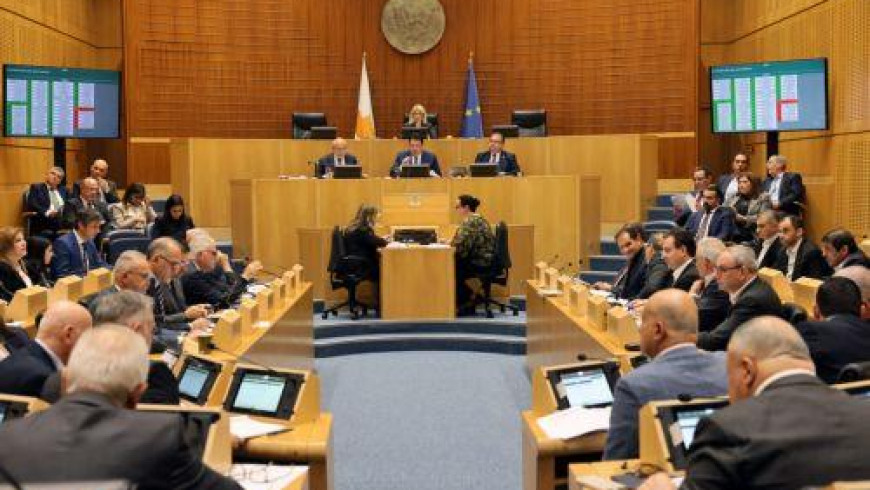





 3287.99
3287.99 1275.09
1275.09
